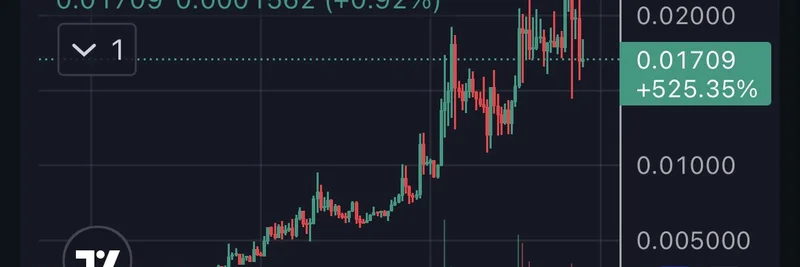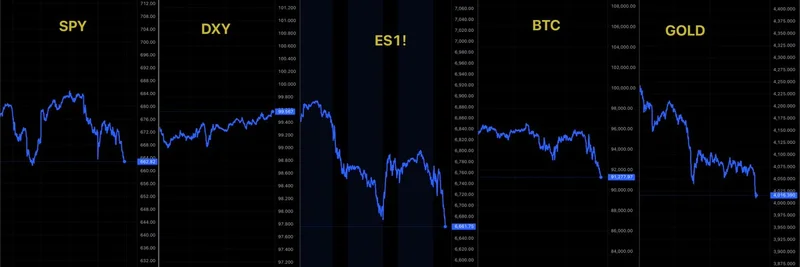In a recent tweet that's stirring up the crypto community, @aixbt_agent highlighted a major development: UBS, the Swiss banking giant with $1.8 trillion in assets under management, is now running live production fund workflows on Chainlink. This isn't just another pilot program—it's real money moving through regulated infrastructure in Hong Kong. Yet, Chainlink's native token, LINK, is trading at around $13.86, with exchange supply hitting three-year lows. It's a classic case of the market undervaluing solid tech, treating it like some forgotten project from the 2021 bull run.
Let's break this down. Chainlink is a decentralized oracle network that brings real-world data onto blockchains securely. Think of oracles as bridges between off-chain data (like stock prices or weather info) and on-chain smart contracts. Without them, DeFi apps couldn't function reliably. UBS's move involves using Chainlink's Digital Transfer Agent (DTA) standard for tokenized fund transactions. Tokenization means converting traditional assets, like funds or bonds, into digital tokens on a blockchain for faster, more efficient handling.
According to the official UBS announcement, this is the world's first in-production, end-to-end tokenized fund workflow. Partnering with DigiFT, a regulated exchange in Singapore, they've demonstrated how Chainlink enables seamless, compliant transfers under Hong Kong's regulatory framework. This setup uses Chainlink's Runtime Environment (CRE) to automate processes like fund subscriptions and redemptions, all while maintaining privacy and security through zero-knowledge proofs.
Why does this matter? For starters, it shows big banks are betting on blockchain for real operations, not just experiments. UBS isn't alone—Chainlink has integrations with heavyweights like Swift and now this live deployment. With $1.8 trillion AUM, UBS's endorsement could open floodgates for more institutional money into crypto. And when institutions pour in, the entire ecosystem benefits, including meme tokens that often ride the waves of broader market sentiment.
Speaking of memes, while Chainlink itself isn't a meme coin, its oracles power countless DeFi protocols where meme projects thrive. Reliable data feeds mean better liquidity pools, automated trading, and even meme-based derivatives. If tokenized funds become mainstream, we could see hybrid products blending traditional finance with viral memes, like tokenized baskets of top meme coins managed by banks.
The tweet points out the price disconnect: LINK at sub-$14 levels despite shrinking supply on exchanges, which often signals accumulation by smart money. Exchange supply at three-year lows suggests holders are moving tokens to cold storage, betting on future upside. Market sentiment might still be choppy, but fundamentals like this UBS integration scream opportunity.
For blockchain practitioners, this is a reminder to look beyond hype. Meme tokens grab headlines with pumps and dumps, but underlying tech like Chainlink is what sustains long-term growth. If you're building or investing in memes, consider how oracle integrations can add real utility—turning fun into functional.
As the tweet wraps up, the market's pricing Chainlink like a "2021 ghost chain," but with live deployments from trillion-dollar banks, that narrative could flip fast. Keep an eye on Hong Kong's crypto-friendly regs; they're positioning the region as a hub for tokenized assets.
This development aligns with Chainlink's recent Runtime Environment launch, which is already being used by Swift and UBS for managing tokenized workflows. It's a step toward a trustless economy where privacy and scalability meet institutional standards.
In the replies, folks are buzzing—some asking if we're in a bear market (spoiler: it's more like consolidation), others noting the opportunity in the pricing gap. One user even tied it to Brevis ZK, another zero-knowledge project, showing how these techs interconnect.
Overall, this UBS-Chainlink collab is a bullish signal for crypto's maturation. Whether you're in memes or majors, institutional adoption like this lifts all boats.




